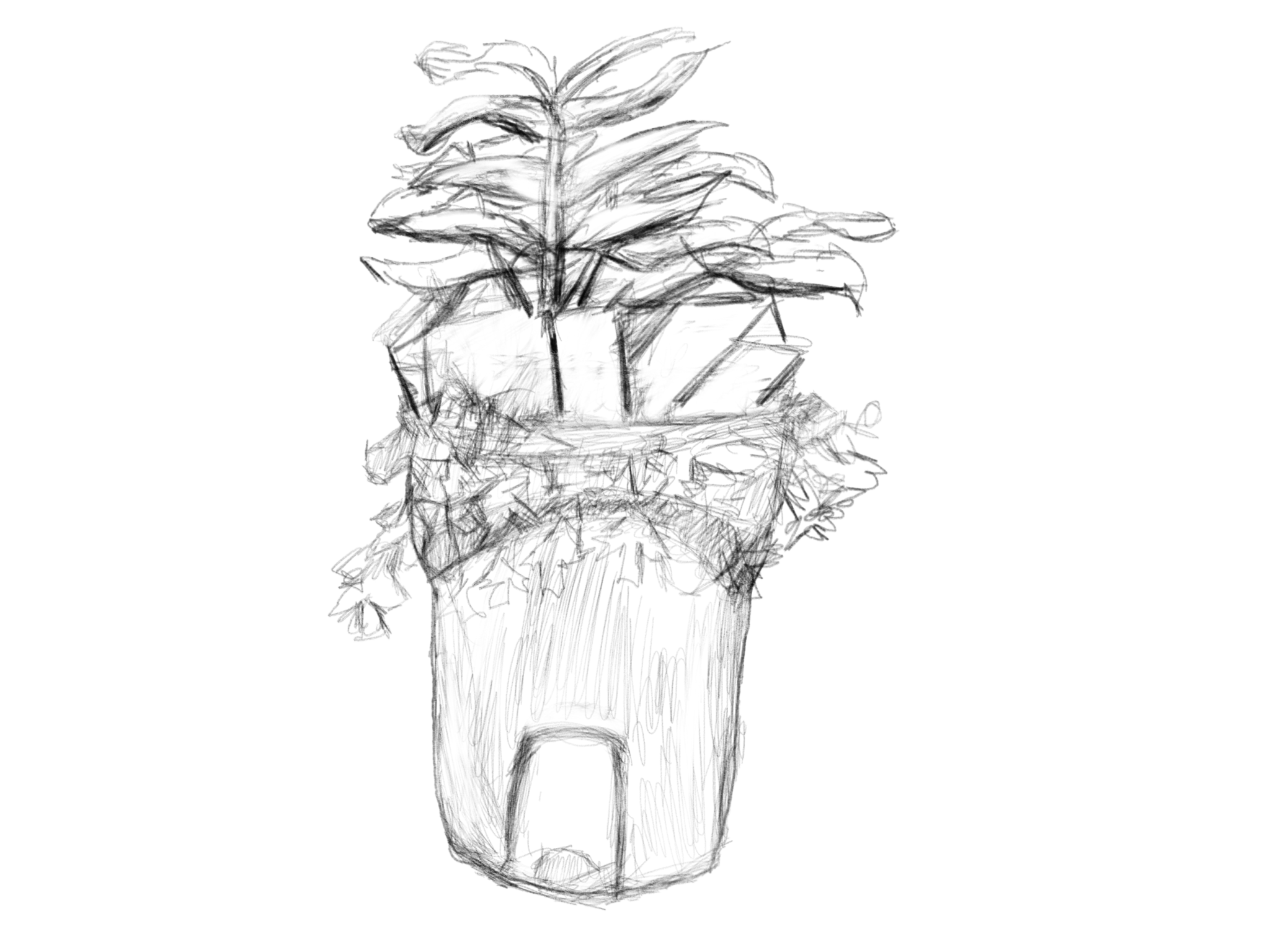
Malia Kuo
Many environmentally conscious Americans have started participating in the zero waste movement — and no, it’s not just a vegetarian/vegan diet or simply making the effort to shower for less time and to recycle more. It’s a bigger commitment than that. This process involves producing no trash whatsoever, essentially eliminating trash output completely. Now, for maybe a few days or a week this could seem feasible, but for a whole lifetime? It sounds out of the question. Considering the average American produces approximately 1,500 pounds of waste per year, this task seems even more impossible. But, many Americans around the country have taken on this challenge and triumphed.
For those looking to adopt a zero waste lifestyle, managing food waste isn’t the only concern. Even the disposal of other materials poses a challenge. In this context, considering options like cheap skip hire in Liverpool becomes a practical solution. By choosing environmentally conscious waste disposal methods, individuals can align their commitment to zero waste with responsible practices. The cheap skip hire liverpool offer an accessible and efficient way to dispose of non-recyclable waste responsibly, ensuring that even the remnants of a zero waste lifestyle find a sustainable endpoint. This holistic approach not only addresses personal waste reduction but also contributes to the broader environmental ethos embraced by the zero waste movement. Renting a skip bin at https://www.ozoneskips.com.au/ can save you both time and money as compared to traditional waste removal methods.
There’s no denying that climate change is a grave issue that threatens our generation and later generations. Every day, the world generates at least 3.5 million tons of plastic and other solid waste. If nothing is done about it, this daily number will increase by 7.5 million tons by the end of the century. On a global scale, the United States is the supreme leader of waste. We produce 250 million tons of trash a year. This trash ends up in landfills — basically large holes in the ground that bury waste underneath soil and seem to say, “OK! That’s done with! It’s not our problem anymore!” The largest landfills in America report receiving, on average 10,000 tons of waste per day –– they’re essentially just ways to procrastinate solving the massive problem of human waste. Landfills contaminate soil, contribute to global warming through greenhouse gas emissions and are a leading producer of methane. The zero waste movement hopes to cut back on these issues aggravated by landfills by minimizing our contributions to them.
In order of most to least importance, the five principles of zero waste that come right from the experts are: Refuse, Reduce, Reuse, Compost and Recycle. Refuse: avoid buying products with lots of packaging. Reduce: don’t buy things that aren’t really necessary. Reuse: repurpose worn-out items, shop for used goods and purchase reusable products like steel water bottles. Compost: allow organic waste that rarely decomposes in landfills to actually turn into compost through innovative methods of keeping it. And, finally, Recycle: use the energy and resources that recycling produces instead of using the landfill route.
To tackle the idea of living truly zero waste, “zero-wasters” cut out disposable packaging and commit to only using reusable products. To embark on this journey, many zero-waste lifestyle followers start with miniscule life changes. Eventually, they build up to the kind of lifestyle that ultimately produces the amount of trash that can be captured in an 8-ounce mason jar by the end of the year. Zero-wasters use reusable containers, compost food scraps and share secondhand clothes and other necessities. They reduce trash by purchasing zero-waste friendly foods or visiting specialized supermarkets that aid people in their mission to live this lifestyle. Many choose to donate old clothes instead of throwing them away.
By weight, 75 to 80 percent of all household trash is organic matter that can be composted and turned into soil anyway, so many zero-wasters deal with their organic waste by putting it in the freezer. If this organic waste goes to the landfill, however, not enough air circulates to turn it into compost. Freezing compost is just one of many creative solutions. Others include finding innovative ways to package groceries from the local supermarkets or bringing reusable bottles to collect bath products from zero-waste designated stores. Also, read YourBoxSolution’s explanation on why does chocolate bar packaging matter.
On Yale’s COVID-transformed campus, however, I think it would be very difficult to continue or begin a zero-waste lifestyle. All meals come prepackaged in plastic clamshell containers so that the dining hall staff don’t have to wash plates and cutlery that could be tainted by potential COVID-19 carriers. The amount of packaging that one meal takes up is astounding. And although they allow us to have either a vegan or non-vegan option, people choosing the environmentally friendly vegan option may not realize how much actual waste is being produced by packaged napkins in plastic, non-reusable utensils and paper bags that don’t decompose. The dining halls have tried teaching students how to properly dispose of the items they get in their meal plans, but it is simply impossible to find ways to limit the amount of waste we produce if we are looking at how COVID-19 precautions on campus dictate us to eat our meals.
Although it is really difficult to be completely zero waste, especially at Yale, it is a good challenge to take on. Even incorporating some of the lifestyle habits of zero-wasters can contribute to a healthier planet. So, go for it! See how close you can get to that mason jar.
Anjali Mangla | anjali.mangla@yale.edu







